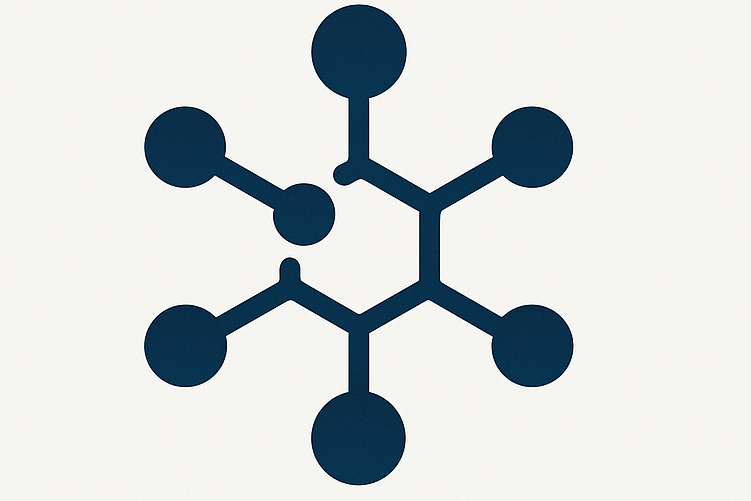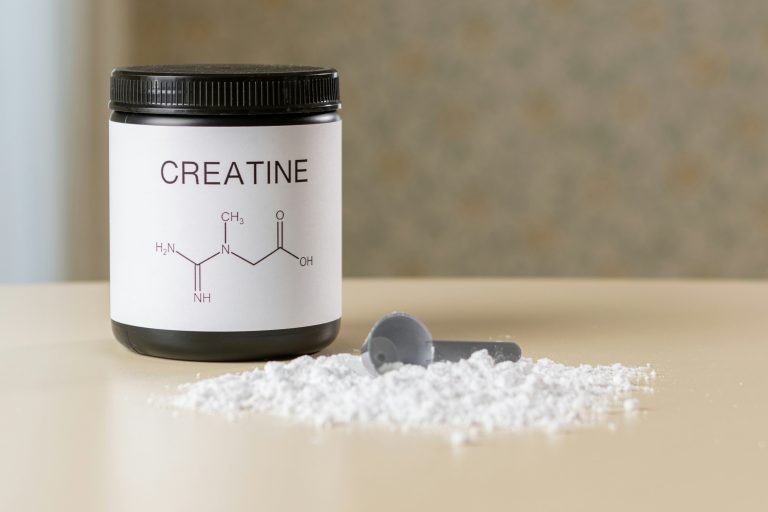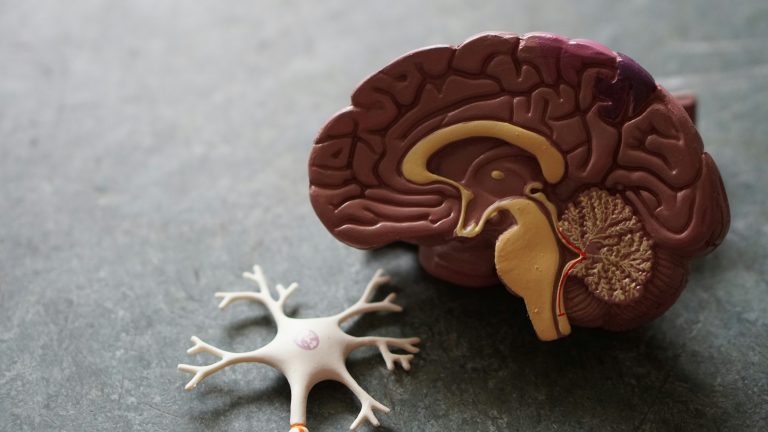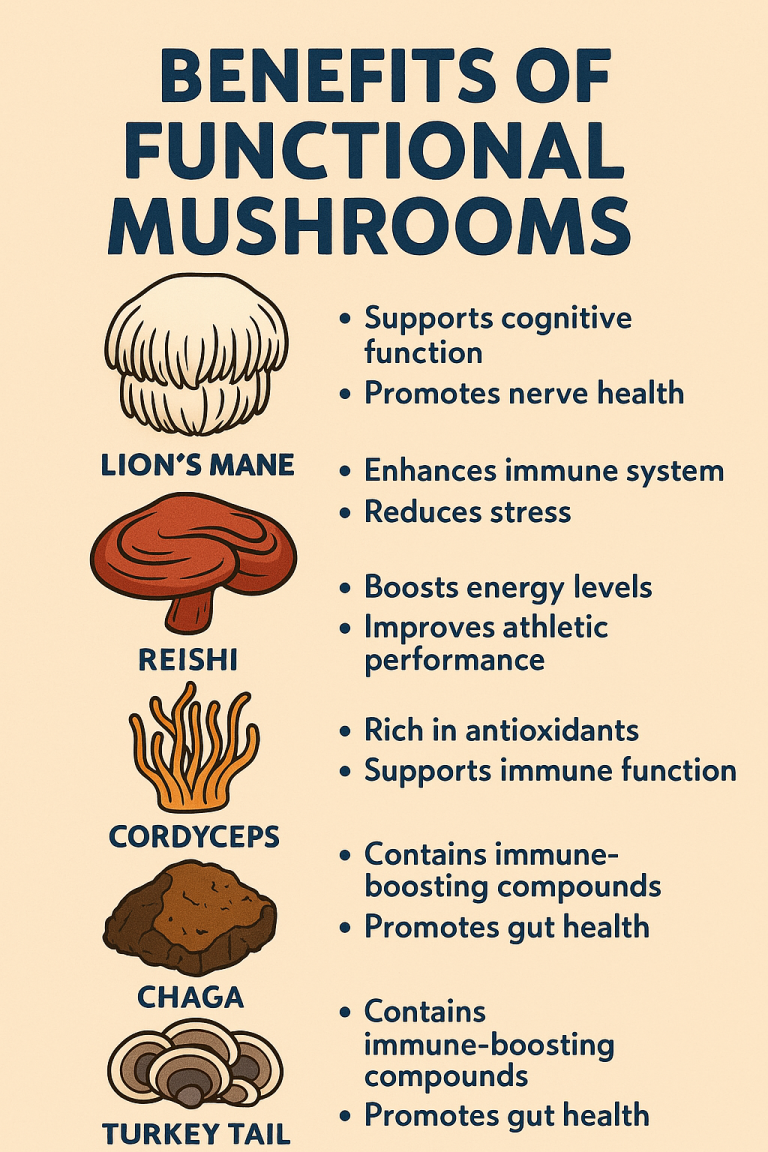Ginkgo Biloba for Memory: Enhancing Cognitive Function Naturally

Ginkgo biloba is often explored as a dietary supplement for boosting memory. People have used it for years, with some claiming that it helps keep the mind sharp.
Research indicates that Ginkgo biloba may have a slight effect on improving memory in healthy adults, but its impact can vary among individuals. Some studies, like one discussed by the Mayo Clinic, suggest the benefits might be limited.

Derived from the leaves of the ancient ginkgo tree, this supplement has a rich history of treating memory issues and blood disorders. It is commonly marketed as a tool for improving cognitive function, despite mixed results in scientific studies.
Ginkgo biloba is also known for its potential to enhance concentration and alleviate symptoms associated with certain brain conditions.
While many people are curious about the impact of Ginkgo biloba on memory, it’s essential to weigh current evidence against personal expectations. With various products available, consumers can explore this option, yet should remain mindful of its limitations.
Those intrigued by natural supplements may find Ginkgo biloba an interesting, though not conclusive, choice for supporting mental sharpness.
The History and Origins of Ginkgo Biloba

Ginkgo biloba, often hailed as a living fossil, is one of Earth’s oldest tree species. Its history spans centuries, reflecting both ancient practices and contemporary uses.
Traditional Uses of Ginkgo
Ginkgo biloba has been utilized for thousands of years, particularly in China. Historically, it was valued for its medicinal properties. Its seeds were often used to treat respiratory disorders and improve digestion.
As part of traditional Chinese medicine, it was believed to promote longevity and overall health.
Ginkgo’s leaves were significant in various cultural rituals. They were thought to enhance mental clarity and ward off evil spirits. The tree itself held symbolic meaning, representing resilience and vitality due to its robust nature and long life.
Ginkgo Biloba in Modern Herbal Medicine
In contemporary herbal medicine, ginkgo biloba is primarily recognized for its potential cognitive benefits. It is widely used as a supplement to support memory and mental sharpness.
Research suggests that ginkgo may enhance blood circulation in the brain, which can improve memory and concentration. People often use it to combat age-related memory decline.
While ginkgo’s effectiveness varies, it remains popular due to its ancient reputation combined with modern scientific interest.
Ginkgo is also explored for its antioxidant properties. These properties may help protect cells from damage, contributing to its use in promoting brain health and overall well-being.
Scientific Basis for Ginkgo Biloba and Memory Enhancement

Ginkgo biloba extract is studied for its potential to boost memory and cognitive functions. This is believed to be due to its unique compounds and antioxidant properties, which may benefit brain health and function.
Key Components of Ginkgo Biloba Extract
Ginkgo biloba extract, often referred to as EGb 761, contains several important components like flavonoids and terpene lactones. These compounds are crucial to its biological activity.
Flavonoids are potent antioxidants, known for their ability to scavenge free radicals, which helps protect cells from oxidative damage.
Terpene lactones, including ginkgolides and bilobalide, are thought to enhance blood flow to the brain. This increased circulation can lead to improved oxygen and nutrient delivery, potentially aiding memory processes.
Some studies, like the one available on PubMed, have indicated these effects, making terpene lactones a key subject of research into ginkgo’s cognitive benefits.
Ginkgo Biloba’s Antioxidant Properties
The antioxidant properties of ginkgo biloba have been a significant focus of research. By providing a defense against oxidative stress, ginkgo biloba may help maintain the health of neurons and possibly improve memory.
Antioxidants in ginkgo biloba work by neutralizing free radicals, which can otherwise negatively impact cell structure and function.
This antioxidant activity has been highlighted in several scientific reviews. For instance, its role in supporting cognitive health is discussed in StatPearls, where researchers explore how these properties contribute to memory enhancement. This underscores the potential of ginkgo biloba to support cognitive function through its robust antioxidant effects.
Clinical Studies on Ginkgo Biloba and Cognitive Function
Studies on Ginkgo biloba explore its effects on cognitive function, especially memory and attention. These investigations range from randomized controlled trials to comprehensive systematic reviews.
Randomized Controlled Trials on Memory and Attention
Randomized controlled trials have tested Ginkgo biloba’s impact in various areas, such as memory and attention. For instance, one study found improvements in sustained attention and pattern recognition memory with acute ginkgo treatment. Despite these findings, other trials showed no significant differences when compared with a placebo.
The mixed outcomes highlight the need for more detailed research to understand the specific benefits of Ginkgo biloba.
Trials usually involve double-blind methods to ensure unbiased results. In some cases, participants reported better memory function, while others did not observe any notable changes. Continuous efforts to refine these studies aim to provide clearer insights into how Ginkgo biloba might aid cognitive performance.
Systematic Reviews and Meta-Analyses
Systematic reviews and meta-analyses offer a broader view of Ginkgo biloba’s effectiveness on cognitive function. An overview of systematic reviews concluded that results were mixed, with some affirming improvements in cognitive areas.
These reviews often aggregate data from multiple trials, helping to identify common patterns or discrepancies. The evidence can sometimes be conflicting, with certain analyses indicating positive effects on memory, while others suggest minimal or no impact.
Meta-analyses are crucial in these instances, as they help distill vast amounts of research into more manageable conclusions, aiding in forming a consensus on Ginkgo biloba’s role in cognitive enhancement.
Ginkgo Biloba and Neurodegenerative Diseases
Ginkgo biloba has shown potential benefits for several neurodegenerative conditions. It is commonly researched for its effects on Alzheimer’s disease, vascular dementia, and mild cognitive impairment. Each condition uniquely affects brain function and memory.
Alzheimer’s Disease and Ginkgo Biloba
Ginkgo biloba has been explored for its impact on Alzheimer’s disease, a leading cause of dementia. Studies have focused on ginkgo’s potential to enhance cognitive function and slow disease progression. While some trials indicate it may as a neuroprotective agent, results are mixed.
In some cases, Ginkgo biloba extract EGb 761 offers modest memory benefits when combined with other treatments.
Research continues to evaluate how ginkgo affects Alzheimer’s symptoms. Though ginkgo may not cure Alzheimer’s, its role as a supportive supplement captures significant interest. Researchers are particularly interested in its effect on symptoms like memory loss and cognitive decline.
Ginkgo’s Role in Vascular Dementia
Vascular dementia occurs from reduced blood flow to the brain, leading to cognitive impairment. Ginkgo biloba might aid in improving memory and cognition for those with this condition by enhancing blood circulation and protecting neurons.
Studies show positive effects on cognitive disorders associated with vascular dementia.
Ginkgo could improve vocabulary and memory outcomes, possibly due to its action on blood vessels and oxidative stress. Some patients who combine ginkgo with medications report better outcomes. This suggests that ginkgo might be a valuable part of a comprehensive treatment plan for vascular dementia.
Mild Cognitive Impairment Intervention
Mild cognitive impairment (MCI) is an early stage of memory loss or other cognitive decline. People with MCI have a higher risk of developing dementia, including Alzheimer’s.
Ginkgo biloba has been explored for its ability to slow progression from MCI to more severe forms of dementia.
Clinical studies suggest mixed results for ginkgo in MCI interventions. One study indicates it may not significantly impact age-related memory impairment. Nevertheless, ongoing research investigates optimal dosages and combinations of treatments involving ginkgo. Its potential role in interventions for MCI seeks to maintain cognitive function for as long as possible.
Effective Dosage and Administration
When taking ginkgo biloba for memory, finding the right dosage and understanding the forms it comes in are key. Recommended amounts can vary based on the individual’s needs and health. Choosing between capsules and other forms affects how the body absorbs ginkgo’s active ingredients.
Dosage Recommendations
The typical recommended dose for ginkgo biloba is 40 mg taken three times a day. Some sources suggest a daily intake ranging from 120 to 600 mg, depending on the condition being addressed. For memory support, 120 mg per day may aid cognitive performance by improving memory quality, noted up to four hours after taking the dosage.
Starting with a lower dose is suggested for those new to ginkgo, and adjustments can be made based on personal response and effectiveness. Exceeding 240 mg daily is not advised since higher amounts might increase the risk of side effects, including stomach upset or headache.
Capsule Versus Other Forms
Ginkgo biloba is available in various forms such as capsules, tablets, liquid extracts, and tea.
Capsules are popular due to their convenience and consistent dosage. They typically contain a standardized concentration ranging from 24% to 32% flavonoids, which are active components.
Liquid extracts offer flexibility in dose adjustments but may have a stronger taste. Tea forms may provide a milder intake of the herb but usually lack the precise concentration found in capsules or tablets. When choosing a form, individual preferences, and how one’s body reacts should guide the decision.
Potential Side Effects and Interactions
Ginkgo biloba, a popular dietary supplement, offers several benefits for memory enhancement, but it’s important to be aware of potential side effects and interactions. Understanding these can help users make informed decisions.
Common Side Effects
Ginkgo biloba is generally well-tolerated, but some users may experience side effects. Common issues include headaches, dizziness, and nausea.
Nausea and headaches often occur when starting the supplement, but they usually subside over time. Some may also experience gastrointestinal problems like diarrhea and constipation.
In rare cases, palpitations or a feeling of a racing heart can occur. These effects are usually mild, but it’s crucial for individuals experiencing severe side effects to consult with a healthcare provider. Awareness of these potential effects helps manage expectations and ensures safe usage of ginkgo biloba.
Drug Interactions and Contraindications
Users should be cautious of drug interactions involving ginkgo biloba. It may increase bleeding risk, especially when taken with blood thinners such as warfarin or aspirin.
Combining ginkgo biloba with certain antidepressants could lead to serotonin syndrome, a potentially serious condition.
Additionally, those with epilepsy should be aware that ginkgo might provoke seizures. Due to these concerns, individuals taking medications or with underlying health conditions should seek medical advice before adding ginkgo biloba to their regimen.
It’s important to ensure the safety and effectiveness of this dietary supplement in conjunction with other treatments or medications.
Assessment and Monitoring of Cognitive Health
As people age, keeping track of cognitive health becomes crucial. Regular assessment and monitoring can help detect changes in memory and learning abilities, especially among elderly patients.
The Mini-Mental State Examination
The Mini-Mental State Examination (MMSE) is a common tool used to evaluate cognitive function. It helps identify memory loss and other cognitive issues.
This test measures several areas, including orientation, recall, attention, and calculation. Each section of the MMSE is scored, with a total possible score of 30 points.
A lower score may suggest cognitive impairment, prompting further evaluation. Clinicians use this test during routine check-ups to track changes in an individual’s cognitive function over time.
It’s valuable for differentiating between normal aging and more serious cognitive decline.
Tracking Improvements in Cognitive Function
Monitoring improvements in cognitive function involves various methods, such as regular testing and personal observation.
Keeping track of daily activities and challenges can reveal changes in a person’s cognitive abilities.
Other tools, like the MMSE, are also used to provide measurable data.
Caregivers and healthcare providers often look for changes in problem-solving abilities and memory recall.
Improvement might be noted through better test scores or enhanced daily functioning.
Digital tools and apps can assist in tracking these changes, offering insights into how interventions or lifestyle changes may be impacting cognitive health.
Role of Ginkgo Biloba Supplements in Managing Stress
Ginkgo biloba has been explored for its potential role in alleviating stress and its effects on the brain, especially in relation to memory.
Through its potential antioxidant properties, ginkgo may offer a way to manage stress and maintain brain health.
Stress and Its Effects on Brain Function
Stress is known to impact brain function significantly.
It can lead to the release of hormones like cortisol, which might affect areas of the brain involved in memory and learning.
Over time, high stress levels may result in memory issues and cognitive decline.
Chronic stress can alter the structure of the hippocampus, which is the brain region responsible for forming new memories.
This can lead to difficulties in concentrating and remembering information.
To mitigate these effects, managing stress is crucial to preserving cognitive function and maintaining mental clarity.
Ginkgo’s Impact on Stress-Related Memory Issues
Ginkgo biloba may help with stress-related memory problems through its antioxidant properties. These properties may protect brain cells from oxidative stress, which is caused by free radicals.
Oxidative stress is linked to memory loss and decreased cognitive function. Some studies also suggest that ginkgo biloba might improve blood circulation, which could enhance brain health and support memory under stress.
By potentially reducing inflammation in the brain, ginkgo could offer a natural approach to combat these stress-induced memory challenges. Its use as a supplement might provide a complementary strategy for individuals experiencing stress-related cognitive difficulties.






